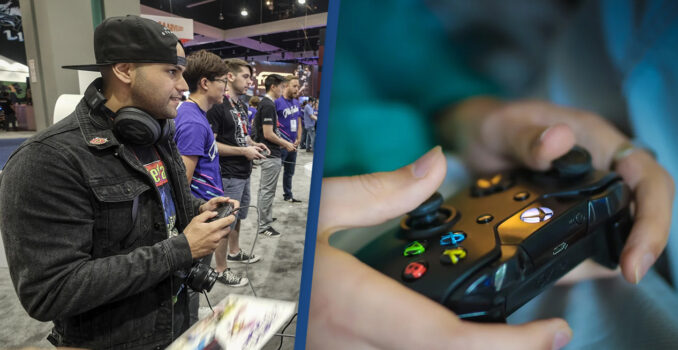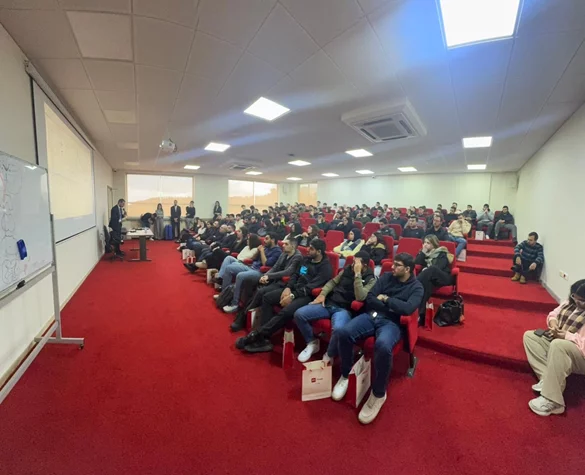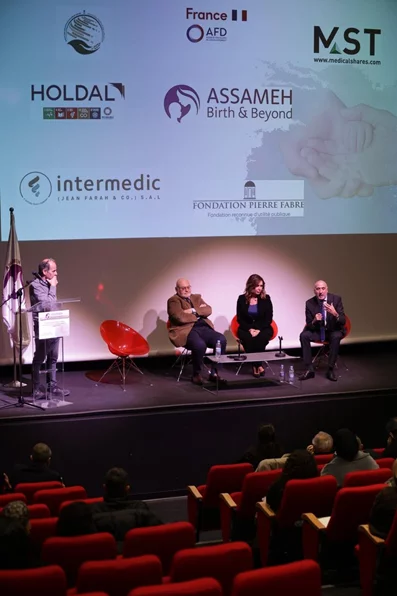 PA Images/Pixabay
PA Images/PixabayThe debate of whether inverted controls or standard are better has raged since the dawn of video games. While both sides seem unlikely to back down, the players who play inverted are of some interest to scientists.
There has been plenty of debate about why the sanctity of the Y-axis should be left alone and why it should be inverted. While many would put this down to a preference, it seems that this choice could be useful to scientists. Dr Jennifer Corbett, co-head of the Visual Perception and Attention Lab at Brunel University London and colleague as well as Dr Jaap Munneke will now run tests on the inverted control players perceive the world.
Corbett explained to The Guardian that they were inspired by a discussion the outlet hosted and thought it would be a useful avenue to explore:
Although it’s not per se a topic we’d study in our lab, we’d had to pause regular EEG and eye-tracking experiments due to Covid and shift to online experiments.
This was the perfect opportunity to pursue such a question, especially given how much this has excited the hardcore gamers in our lab.
The study will focus on how players who prefer inverted controls perceive and interact with games. Corbett detailed the study further:
Generally, we will be measuring how fast and accurately people are able to mentally rotate shapes and the extent to which they rely on different body and contextual cues when making spatial judgments.
There are no right or wrong answers in these tasks – we’re interested in how people might perform differently. We’ll obtain one or two measures – for example, average reaction time, average accuracy – from each participant in each of four short computerised online experiments and then correlate these measures with information from a questionnaire about gaming habits that each participant will also complete.
 Pixabay
PixabayOn the back of this study, it is hoped that game design can be maximised and even help the performance for pilots. However, there are not a long line of inverted gamers already available so the study is asking for players between the age of 18-35 who use inverted controls to sign up and be part.
The study will involve four online computerised visual tests and a questionnaire, and those who are interested need to email: [email protected] to take part. If the study proves to be a success, then inverted gamers may help improve pilot performance in the future.

















.webp)








